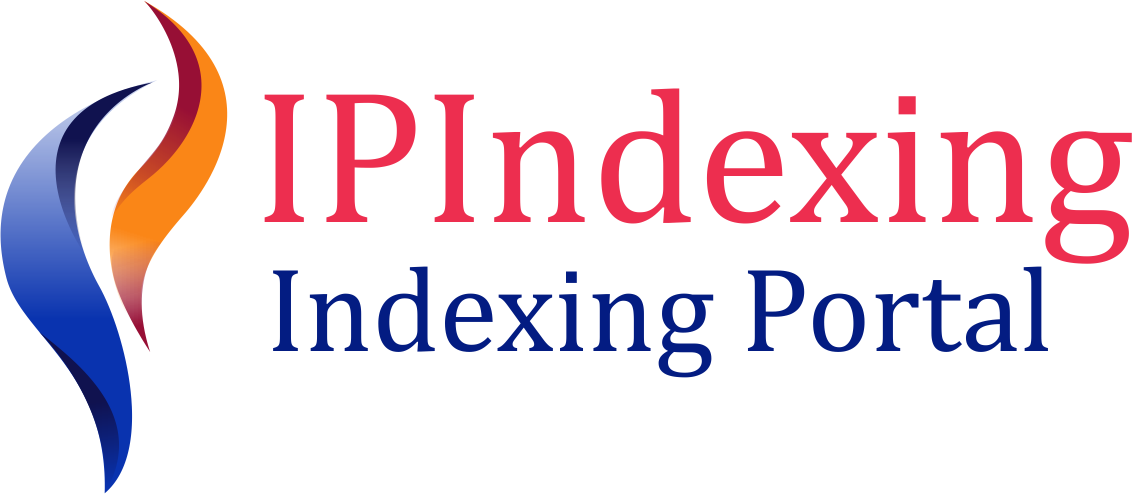Penyewaan (Ijarat al-Waqf) Tanah Wakaf Menurut Fuqaha dan Praktis Majlis Agama Islam Dan Adat Melayu Terengganu (MAIDAM)
Keywords:
Lease, Waqf Land Properties, FuqahÄ’, MAIDAMAbstract
The development, growth, and investment of Waqf land properties can be materialised through various financial instruments as long as the goal and objective of Waqf are accomplishable as they have been originally. Investment in Waqf land properties are deemed as a contribution towards a type of development that offers meaningful benefits to Muslims, and is regarded as a continuous, flowing, and ongoing charity (Ṣadaqah Jāriyah), with prolonged rewards which will bring eternal contentment and happiness in achieving the pleasure of Allah SWT. The explosion of intelligent ideas in the evolution of Islamic jurisprudence on the development of Waqf properties has resulted in sensible and feasible practice. The objective of this qualitative writing is to illustrate several theories of Syarac (Sharicah laws) through thoughtful views of Fuqahā’ (Islamic scholars) who have managed to highlight these practical ideas to be cultivated in the context of the lease of Waqf land properties at Majlis Agama Islam dan Adat Melayu Terengganu (MAIDAM). Views and discussions of the Fuqahā’ from the perspectives of four mazhabs (schools of thought within Fiqh) regarding the methodology of the development of Waqf land are truly appealing and essential to be flourished today. Some aspects of the theoretical comparison among Fuqahā’ on the current practice in relation to the lease of Waqf land properties implemented by MAIDAM have signified that it is accurate and in comformity with what has been deliberated by the Fuqahā’.
Downloads
Downloads
Published
How to Cite
Issue
Section
License
Copyright Notice
By submitting manuscripts to the Online Journal of Research in Islamic Studies (RIS), authors agree to transfer copyright to the journal. However, authors may republish their work or grant others permission to republish it; in which case it should be accompanied by a proper acknowledgment that the work was originally published in the Online Journal of Research in Islamic Studies (RIS). The journal adopt CC-BY-NC licence which authors may also share and distribute their article anywhere of non-commercial website, social media and repositories immediately on publication.
Authors may also reuse the Abstract and Citation information (e.g. Title, Author name, Publication dates) of their article anywhere at any time including social media such as Facebook, blogs and Twitter, providing that where possible a link is included back to the article on the journal site.












